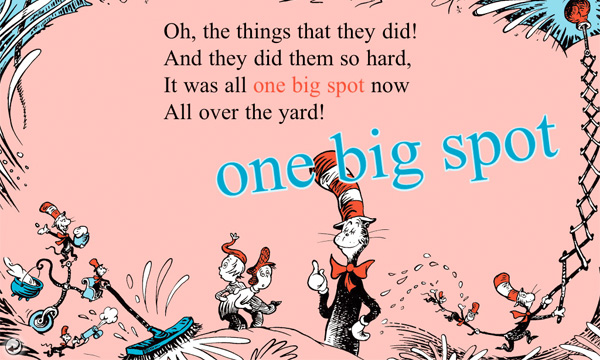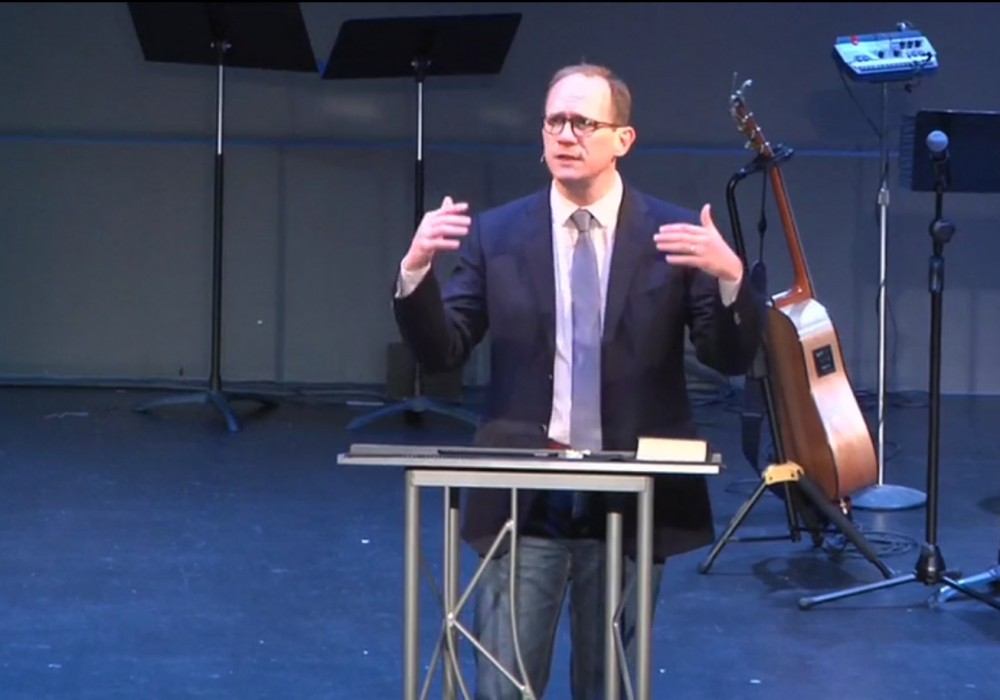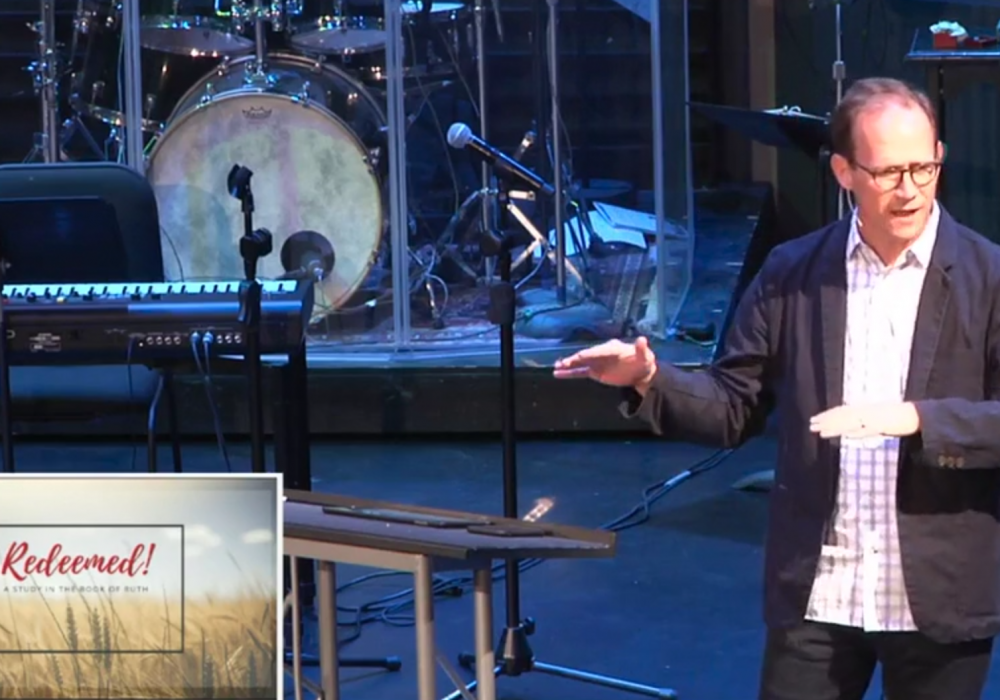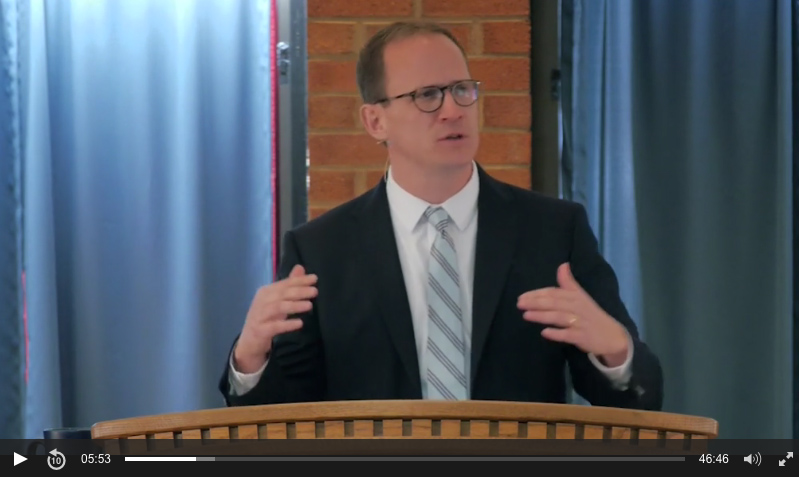Examine yourselves, to see whether you are in the faith. Test yourselves (2 Corinthians 13:5). Paul’s exhortation to be regularly testing the sincerity and purity of your own faith is not given in order to make you doubt your salvation every other day. Faith in Christ is exactly that: faith in Jesus’ finished work, not in our own faithfulness. However, we are to be regularly doing the hard work of honest self-appraisal.
Spiritual Growth
What Is Perspicacity (And Why Does It Matter)?
The doctrine of the “perspicuity of Scripture” is a well-known and important teaching within the Christian faith. This doctrine refers to the fact that the Bible is clear, that it communicates perfectly. All scripture is profitable (2 Timothy 3:16). The Bible can be understood by anyone, barring mental handicaps (2 Timothy 3:15). This doesn’t mean it is easy to correctly understand; rather, the Bible requires careful, thoughtful study (2 Peter 3:16). Equally vital as the doctrine of Scripture’s perspicuity, however, is the balancing consideration of the “perspicacity” of the reader.
Is Church Really That Important?
Paul in Ephesians 1:23 describes the church as the body of Christ. And in Ephesians 2:20 Paul goes on to explain that Jesus Christ himself is the cornerstone of the church. As if this were not enough, Paul further insists in Ephesians 3:10 that the manifold wisdom of God is being made known, through the church, to the rulers and authorities in heavenly places. In 1 Timothy 3:15 the church is said to be “a pillar and buttress of the truth.”
Jesus Died To Save Us From Our Own Solutions
All we like sheep have gone astray; we have turned—every one—to his own way; and the Lord has laid on him the iniquity of us all (Isaiah 53:6). It’s not a pretty picture, but it’s true. You have seen someone trying to clean up their own mess before, and that this just ends up making things worse as long as they continue doing more of whatever caused the mess in the first place.
There Is a Healthy Hatred
I will not set before my eyes anything that is worthless. I hate the work of those who fall away; it shall not cling to me (Psalm 101:3). There is, according to God’s Word, a kind of healthy hatred — a hatred for sin and its ravaging effects. As I was contemplating this reality recently, I thought of at least four ways in which a healthy hatred for sin should evidence itself in the sanctified life:
Lessons From Monastic Life For Quarantine
The present crisis has forced many of us into a cloistered life in our homes. For those of us with roommates or families, our residence has become something like a monastery. For those of us who live alone, our residence has become like a monastic cell. The cloistered life exposes our sins and weaknesses. Impatience, selfishness, pride, anger, laziness, indiscipline, anxiety, lust, and many other sins make themselves known when we’re confined to a small space for a long time. The revelation of such sins is a divinely appointed opportunity for repentance and revival.
FAQ: How Can We Improve Our Family Devotions?
This series of brief videos offers bite-sized, meaningful answers to commonly asked questions. We hope they will be a help to you! Please also share them freely. If you would like to submit a question of your own, please note the contact info at the conclusion of the video. We look forward to hearing from you!
“Act Like Men.” What Does It Mean?
Be watchful, stand firm in the faith, act like men, be strong (1 Corinthians 16:13). The whole phrase “act like men” comes from one Greek word, basically taking the noun for “men” and turning it into a verb, i.e. “Be men,” or “Man up!” It is a peppy, catchy phrase, but what does it mean? What is Paul specifically wanting us to do, as a result of this command? What does it mean in biblical terms, to “man up”?











